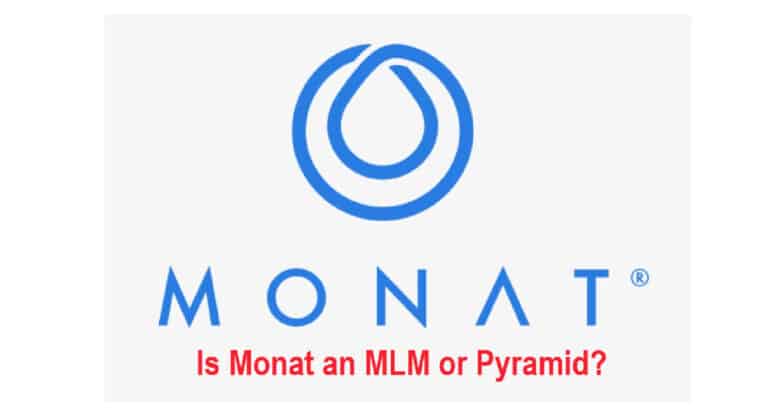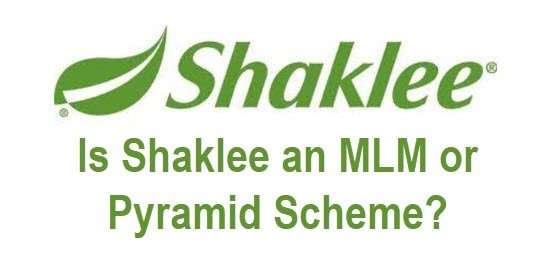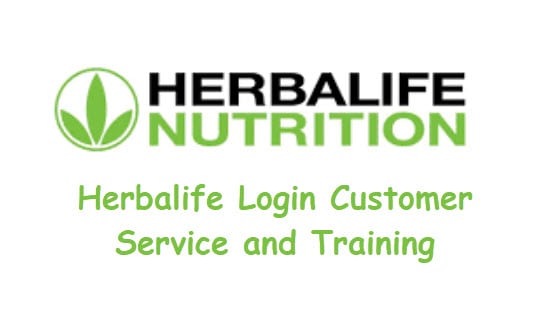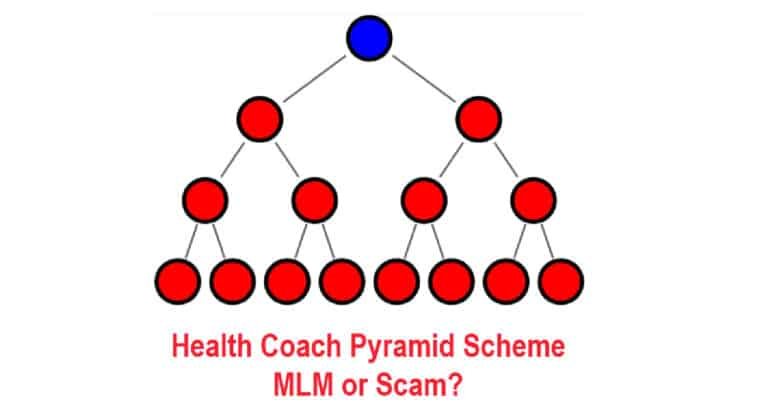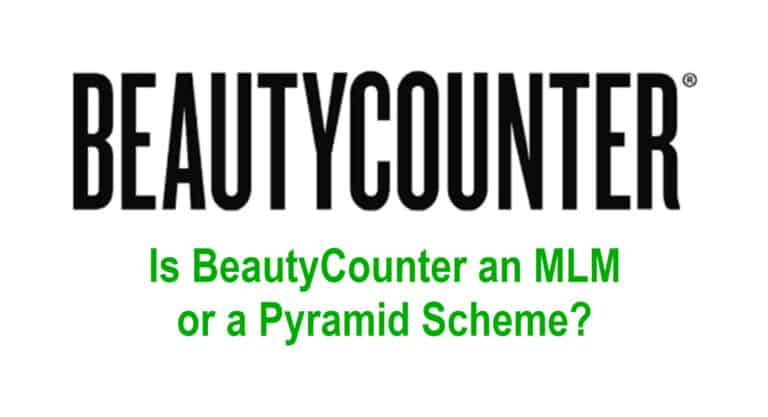MLM Tax Deductions (15+ Of The Best)
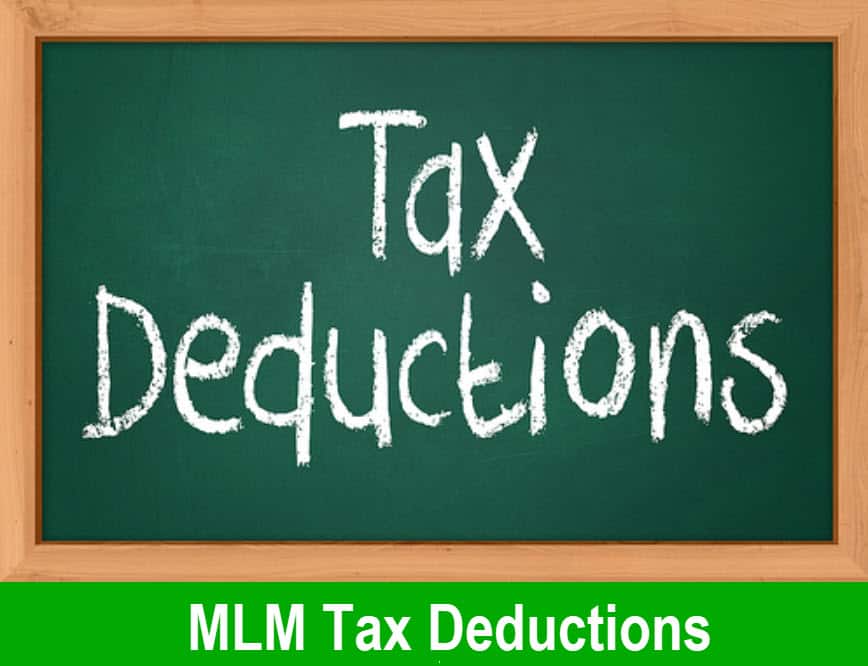
Disclaimer: Please note that we are not accountants or CPA’s and this article is for informational purposes only. Please confirm everything with your CPA.
Looking for information on MLM tax deductions?
You are in the right place.
Every business has income and expenses,
and multi Level marketing (MLM) is no different.
What are MLM Tax Deductions? MLM Tax Deductions are costs that are incurred in running a multi level marketing business. The IRS allows you to deduct these expenses from total income in order to determine your taxable income. Make sure to talk to your CPA for more info.
The first step in tax preparation is to gather the required paperwork. First, complete Schedule C’s Part I, which pertains to total income. List all business expenses in Part II of the form to finish it. Several significant business costs are deductible. Make sure to transfer your net profit or loss figure.
Even though these deductions are frequently obscure and perplexing, it is better to grasp them and use them than to pay more taxes than necessary continually. In light of this, the following is a sample of some essential tax points to be aware of and discuss with your CPA or other certified tax counsel.
The IRS restored the advantageous tax status of home office deductions, which made tax preparation more appealing to networkers. Suppose you treat your network marketing business seriously.
In that case, you may be eligible for significant tax benefits offered to business owners, particularly those operating from their homes. And that’s excellent news. The bad news is that there are countless pages and pages of IRS codes, regulations, and interpretations surrounding the tax deductions you might be entitled to claim. This could (and does) occupy a small army of tax attorneys and accountants for years.
MLM Tax Deductions – The Complete List
Home Expenses
Market research, social media, email, and traditional marketing campaigns are all things that marketing consultants who work from a suitable home office may do. They can also produce charts and graphs and meet with customers. In addition to a portion of the rent or mortgage, sole proprietors are also permitted to deduct insurance, property taxes, depreciation, utilities, and repairs and maintenance for the home office.
Additional tax savings can be obtained using office supplies or services required for business operations, such as Internet access or website hosting, computers, phones, marketing books, or software. Divide the office’s total square footage by the home’s total square footage. You may calculate the number of home office expenses that can be written off. The IRS does not grant an unlimited deduction if the home office is also utilized for personal purposes.
Contract labor
To run your firm in network marketing, you frequently need to engage Independent Contractors. This may be a freelance writer who posts to and manages your blog or a photographer who takes photographs for your website. Contract work has additional unique restrictions and is a tax-deductible expense.
Any MLM professional who performs outside contract work must complete and submit a 1099-MISC form to the IRS. Only if you pay an outside independent contractor $600 or more over the year is a 1099-MISC form necessary. It’s crucial to remember that your staff does not belong in this group.
Meals and Entertainment
Social businesses include network marketing. Eating is a must, so why not do it while selling or recruiting? You might as well enjoy yourself. However, the IRS keeps taking away more and more of these expenses. The amount of your food and entertainment expenses you can deduct is now at 50%.
Further, you must have documentation to support your meal and entertainment deductions claims. You will need to be able to provide documentation of the nature of the business conversation, the business relationship, and the people you had dinner with or went out with for entertainment, in addition to the typical receipts you should preserve for expenditure deductions. It is required that the business conversation take place either during the activity, right before it, or right after it.
Office Supplies
Similarly, office supplies are a legitimate business expenditure that may be written off as part of your MLM operations. Office supplies include a wide variety of items such as pencils, pens, pads, staplers, paper clips, file folders, index cards, and many more. Some business-related software purchases are tax deductible.
Business Gifts
Do your friends and relatives work in network marketing as clients and business partners? This possibility is very likely. A network marketer can transform typical gift-giving into corporate gift-giving that qualifies for a tax credit. According to IRS regulations, the cost of business presented directly or indirectly to these people may be written off up to $25. That ought to boost your popularity!
Computers
When used for your business, computers, phones, camera gear, laptops, and other office supplies can be depreciated as a tax deduction expenditure. These products typically lose value over several years. Work closely with your tax advisor to maximize your office equipment tax deductions.
Parties/Vendor Events
Some of these things might be exclusive to the beauty sector. It was provided to help with inspiration, but you can use the model principles in your own company.
- Signage
- Makeup Applicators/tools/brushes
- Samples to distribute
- Tables
- Chairs
- Table linens
- Food served at the gathering
- The business cards you will distribute
- Mirrors
- Décor for the event or performance
- Party yolo
- Prizes for home-based events
- Products you showcase
Automobiles
Most MLM marketers must travel long distances to attract more people and increase sales. The IRS permits the deduction of transportation costs since they can increase business expenses due to fuel costs. Marketers will have to figure out their transportation expenses. The IRS defines transportation costs as total mileage times the fuel cost on the day of travel.
The taxpayer can choose between paying the current fuel cost or the IRS’s standard mileage rate. The rate for miles driven for business purposes is 54.5 cents per mile, as stated in the IRS’s 2018 Standard Mileage Schedule. Taxpayers benefit from the standard rate often being higher than the current rate.
Parking fees and tolls are additional potential business expense deductions. The tax deduction for vehicle depreciation can replace tolls and parking costs. If investors select parking and toll costs as tax deductions, they cannot select vehicle depreciation and vice versa. Suppose the taxpayer can provide evidence that a particular trip session is for business. In that case, the IRS will recognize it as legitimate.
Tools for Online Marketing
Individuals who advertise their items online fall under this group. This is particularly relevant in 2020, when social media and zoom calls account for most of our industry.
- Tripod for your phone or tablet’s camera
- All zoom charges
- Fees for scheduler app
- Telephone, Web, and telephone bill
- Any application cost for picture editing (for example, Canva pro is recommended)
- The cost of stock photos
Capital Assets
Almost all selling costs may be subtracted from the sales price as long as they don’t directly harm the property. Fees for marketing, an evaluation, a lawyer, a closure, paperwork, insurance, a mortgage fulfillment, and a notary.
Travel/Entertainment
Do you enjoy traveling? Does your partner enjoy traveling? Do you and your spouse collaborate on marketing efforts for your network marketing business? For networkers, the business travel expense deduction is a significant benefit. Of course, you’ll need to clearly distinguish between the portion of the trip for vacation and the rest for business.
There is undoubtedly a gray area. Therefore it will be your best to prove as much of your travel-related expenses as possible. All travel costs within the United States are tax deductible if they are “primarily” related to business. It would help if you allocated your travel costs for business and pleasure when going overseas.
Home Office Deduction
The cost of your home office is deductible, but you must be able to prove how it is used. Assuming you are eligible, you can deduct a fraction of the costs associated with your entire home, such as mortgage payments, insurance, utility bills, and home repairs.
The room must be routinely and solely utilized for business. Secondly, you must utilize it for business-related administrative or managerial tasks; you are not permitted to do significant administrative or managerial tasks at another fixed site for your company.
Ordinary Business Expenses
You may write off typical business expenses, including license fees, advertising, and accountancy fees. The tax benefit in this situation is that many of your expenses, such as telephone, cleaning materials, stationery, telephone service, audio and video equipment, fax machines, office furniture, and office décor that enhance both your home and your office, may overlap with your personal and professional lives.
Business Supplies
This can encompass a wide range of goods; in essence, it’s everything you’ve bought to support your firm.
- Initial expenses, such as a startup kit or membership fee
- Quick Cards
- Visiting Cards
- Thank-you notes
- Merchandise organizers
- All promotional items, including flyers, brochures, business cards, and catalogs
- Domain Registration (GoDaddy)
- Annual dues for membership
- the monthly charge for a website
- Fee for tax preparer
- Meeting ticket for training attire
- Banking fees for businesses
Shipping
These includes:
- Cargo labels and stickers
- Tape
- Boxes
- Stickers for address labels
- Labeling devices
- Envelopes
- Postage
- Spherical mailers
- Bouncy tape
Advertising and Promotions
As a multi-level marketer, one of your highest costs will be advertising. Through publications like magazines, newspapers, the Internet, and other platforms, advertising may be utilized to spread the word about your business.
Make sure to record each advertising spend you incur throughout the year. Keep all vendor receipts together in one envelope. When you compare them to your records, you will have simple access to them. The first expenditure on Schedule C is for advertising, and this line includes the overall advertising budget in dollars.
Health Insurance
Since health insurance premiums can be pretty expensive, the ability to deduct them from taxes can be very beneficial. Technically, all health insurance premiums taxpayers pay are deductible as business costs. Additionally, taxpayers can write off the cost of their spouses’ and kids’ health insurance.
The IRS does have some restrictions. Only those taxpayers who do not get health insurance premiums from the other spouse are eligible to deduct the premiums. Lastly, premium business expenses are limited to the business’s revenue.
Fees, Dues, Premiums, Taxes, and IRA Contributions
Payments made to independent contractors, such as Web designers or graphic designers, who create marketing materials for a conference, can be written off by marketing consultants. Additional expenses that lower tax on business revenue include tax preparation fees, legal and attorney costs, professional association dues, and health insurance premiums.
Along with self-employment taxes, company license fees, and other expenses necessary to operate a business, independent contractors who contribute to IRAs or KEOGH plans can also deduct such payments.
FAQS
What can you claim on taxes with MLM?
The most essential requirement is to have a room used solely for your business to deduct a percentage of your housing costs. The family living room is not eligible for the deduction if your children use it for homework or if you use it to manage inventory or record Facebook Live videos.
What can I write off in my MLM business?
The IRS allows businesses, including MLM firms, to deduct several expenses from their taxes. These costs are deductible for MLM firm owners as well as independent distributors. Which are:
- Initial expenses such as purchasing supplies and running advertisements
- Utilities bills and electricity costs
- Internet and telephone costs
- improvements and office furnishings
- Rent and mortgage payments for the company location
- travel costs such as gas and automobile upkeep
- Insurance coverage
Is MLM income taxable?
The fact that you are an independent contractor when you sell for an MLM is the most significant factor that consumers might not be aware of. You will receive a 1099 detailing all commissions you receive. In addition to paying standard income tax on those profits, you will also be liable for self-employment tax.
How do I report MLM income on taxes?
You are responsible for disclosing money received from your firm as a direct sales representative to the IRS. If the value exceeds $5,000, the direct sales company will send Form 1099-MISC with Box 9 checked at tax time. Any rewards or incentives will be reported as Box 3 or 7 revenue.
You must complete Schedule C of your individual 1040 tax return and pay the SE self-employment tax to disclose your self-employment income. You’ll need to utilize the Desktop Home & Business version. However, you may also use the Online Self-Employed version or any other desktop program.
Can you write off networking expenses?
The IRS states that 50% of food and entertainment costs related to business can often be written off. Many attorneys will buy season or series tickets for networking or commercial objectives.
How much do you have to make in direct sales to file taxes?
A seller must disclose the sale by checking item 9 on Form 1099-MISC if they sell at least $5,000 of consumer goods to a buyer for resale outside a fixed retail outlet. In general, direct sellers can write off regular and required business expenses.
Is MLM a small business?
By definition, the majority of MLMs Are Not Small Businesses
Less than 200 people work at a tiny new-car dealership, for instance. A small company selling women’s clothes makes, on average, less than $30 million in revenue per year. Comparatively, let’s examine a few well-known MLM businesses.
DO network marketers pay tax?
The IRS and virtually every network marketing distributor agreement acknowledge your identity as an independent contractor. You will be required to pay income and self-employment taxes since the IRS views you as self-employed.
Conclusion
Can you make use of the Internal Revenue Code’s deductions and expenses? As long as you don’t abuse them, the IRS will notify you that you can claim such expenses and deductions. If you take network marketing seriously, the costs and deductions can improve your personal and business lifestyle by putting hundreds or thousands of dollars in after-tax savings in your bank account.
Keep meticulous records to have a good relationship with the IRS and prevent audits and penalties. It is highly advised that you keep a separate bank account for your business to keep track of your income and expenses apart from your finances. The IRS is now prepared to accept electronic records, and using a smartphone app to take images of receipts and track your miles is becoming quicker and simpler. This only matters if you’re committed to becoming a successful network marketer. If you are, keep accurate records, conduct yourself wisely, and utilize all legal write-offs.
Disclaimer: Please note that we are not accountants or CPA’s and this article is for informational purposes only. Please confirm everything with your CPA.
SickofTheBoss.com is the brainchild of Jack Bastide. It is designed for entrepreneurs and those that want to be. You can find Jack on Facebook or Linked-In.

